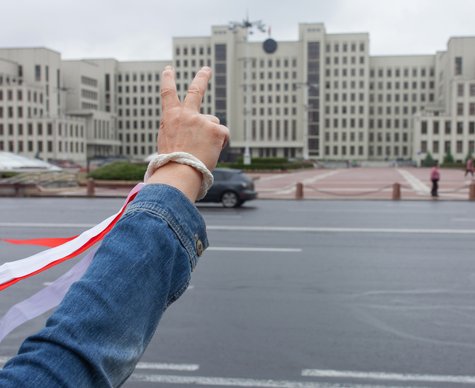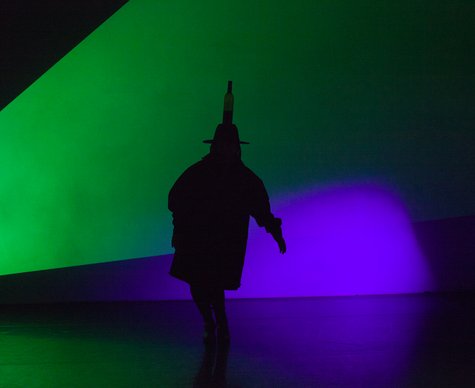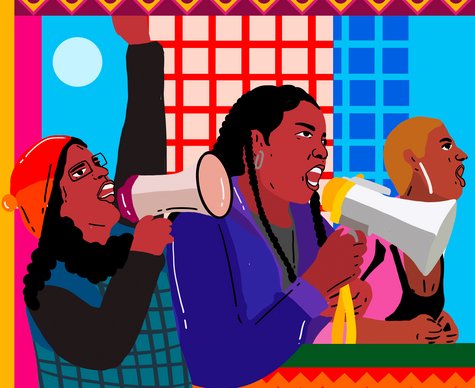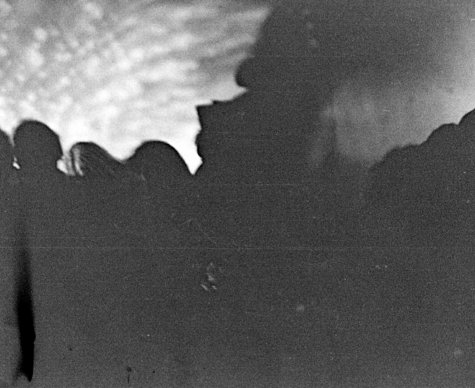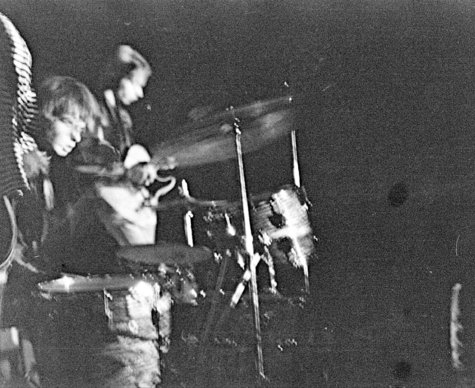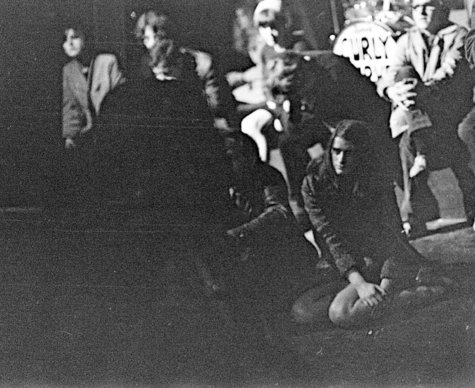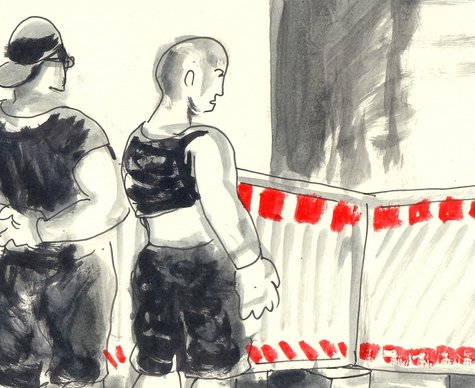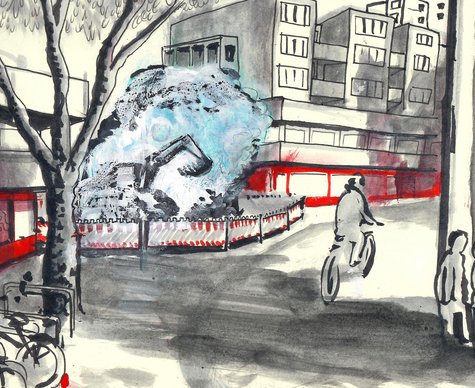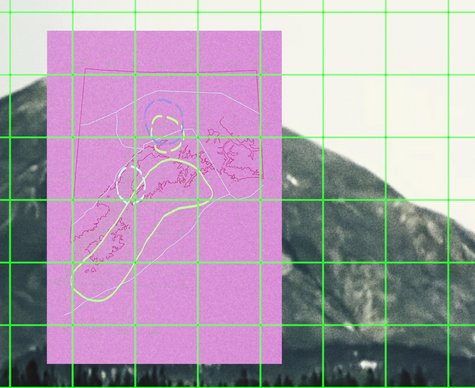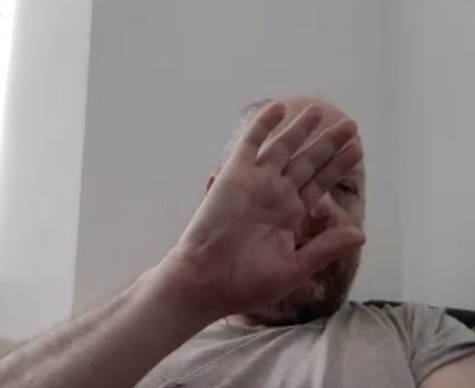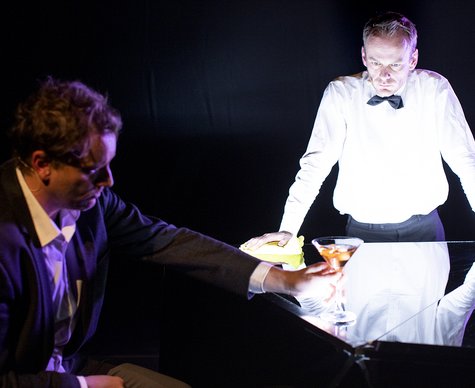Christiane Rösinger
Lieder ohne Leiden
- Music
Yes, it almost feels like a comeback: Christiane Rösinger is back! And yet, her debut solo album “Songs of L. and Hate” was exactly six years ago. And it’s not like the musician and writer had completely vanished from the scene in the meantime. Two books have appeared in the meantime (“Liebe wird oft überbewertet”, and “Berlin-Baku”), audio books have been recorded, there has been ample touring, the monthly Flittchenbar has been curated, the neighbourhood has been prowled, and the garden has been cultivated.
Now finally comes the second solo album, with new songs penned by Christiane Rösinger, arranged, recorded and produced by Andreas Spechtl. If the previous album and its title with the letter “L” was mostly about love, now everything’s about suffering. But after all, love and suffering often lie close enough together in the bed of couple’s lies.
But wait just a minute: “Songs without suffering?” Christiane Rösinger and songs without suffering?! How’s that supposed to work?! Anyone who’s heard the title of the song will get it right away: Not at all.
What remains is a wish. The wish of a sensitive artist not to have to suffer all over again just to make another song about licking your wounds. But right away in the album opener “Kleines Lied zum Anfang” Frau Rösinger gives away her embattled success recipe: And now it has a melancholy and musical character. And inevitably this leads to new songs. But the album’s sound has ended up being more opulent and colourful than the somewhat more sombre film-noir mood on “Songs Of L. And Hate”. The music of ‘60s girl groups à la Shangri-Las, but also the music of the Beach Boys and Burt Bacharach served as the model for the soundscape on “Lieder ohne Leiden”.
In the gentrification masher “Eigentumswohnung” we get the feeling we’re hearing the old Lassie Singers again, who also always knew how to inject a lot of ‘60s bubble gum into their music. In terms of contents, “Lieder Ohne Leiden”, for all Christiane Rösinger’s typical laconicism, is a razor-sharp analysis of the present day, between life in the precariat and the annual yields of the inheritor generation. And the mental space between, in which there’s also a good word for “mundane work” to liberate us from the narcissistic-disturbed creative compulsion of our times.
In the end, however, all the songs – just like in Heinrich von Kleist’s reflection on the stones in a round arch – hold together. The building stands because all the stones want to collapse all at once. With Kleist this is cause for epistemological anxiety.
With Rösinger this makes for gorgeous songs. And one comforting thought remains: If everything is threatening to come crashing down, maybe nothing will get laid low. “That even I would hold myself up if everything let me fall”, she sings in the final piece, “Das gewölbte Tor”. So we get to suffer anyway.
On Tour
01.04.2017 Berlin, HAU1
04.04.2017 Hamburg , Uebel & Gefährlich
05.04.2017 Köln, Gebäude 9
06.04.2017 Frankfurt, Brotfabrik
07.04.2017 Schorndorf, Manufaktur
08.04.2017 CH-Zürich, Stall 6
09.04.2017 CH-St. Gallen, Palace
11.04.2017 AT-Wien, Brut
12.04.2017 München, Strom
13.04.2017 Leipzig, Werk 2
Tracklisting
01 Kleines Lied zum Anfang
02 Lob der stumpfen Arbeit
03 Schal
04 Joy of Ageing
05 Eigentumswohnung
06 Was jetzt kommt
07 Lieder ohne Leiden
08 Das verflixte 7. Jahr
09 Das gewölbte Tor
www.christiane-roesinger.de
By viewing the video you agree that your data will be transmitted to and that you have read the privacy policy .
[Translate to EN:]
Dates
Location
HAU1
Stresemannstr. 29, 10963 BerlinThere are two marked parking spots in front of the building. Access to the Parkett by means of a separate entrance with lift when necessary. Barrier-free restroom facilities are available. Tickets for wheelchair users and accompanying persons can be booked via the ticketing system. If you need any help, please contact our Ticketing & Service team at +49 (0)30 259004-27 or send us an email at
tickets@hebbel-am-ufer.de.



















